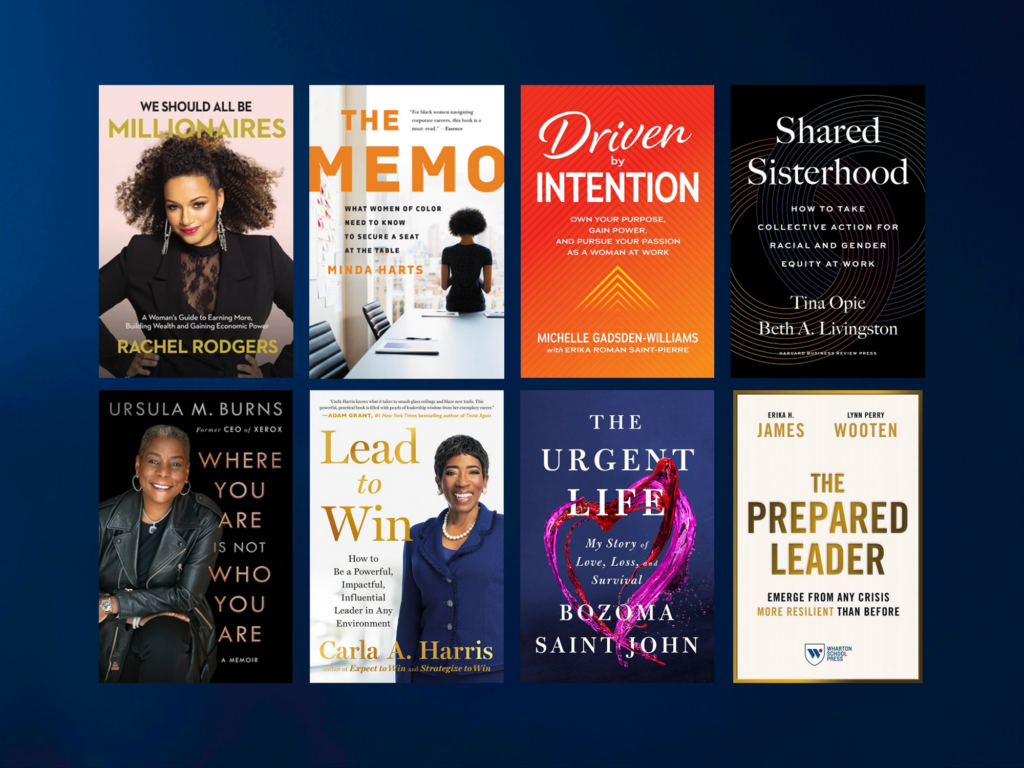Part 2: Lost your job? Follow these steps now

Whether you recently lost your job or talks of downsizing are swirling around the office and you are bracing for the possibility of a staffing cut, you’re not alone.
According to a recent poll, 15% of U.S. workers today feel at risk of losing their jobs. This isn’t a coincidence, it’s a manipulative corporate strategy. Studies have shown that many workplaces intentionally stoke fears of job loss in an attempt to motivate workers and reduce costs, since job insecure workers may be less likely to demand raises and other benefits. Yes, that’s just as messed up as it sounds. Job insecurity has been linked to several adverse health outcomes from a loss of self-esteem and increased anxiety levels, to lower levels of self-reported health, and increased hypertension.
If you missed it, read MBAchic’s guide to the first four things you should do immediately if you lost your job before you follow the steps below.
Before you do anything though, take a few deep breaths. Although a job loss can be emotional, traumatic, and overwhelming, remember it’s temporary. Bigger and better opportunities await you, if you make a plan, ask for help, and know where to look.
Reach out to your existing network
While previous generations may have avoided broadcasting a job loss out of fear of perception, times have changed. A quick scroll through social media and you’ll undoubtedly stumble upon a post (or several) from an acquaintance, former colleague or friend sharing their changing work status. The overwhelming reaction you’ll notice? A desire to help.
Transparency is key to resilience after a job loss. Being honest with professional orbits can prove extremely beneficial when you are looking to land your next role. Make sure people understand your situation and that you‘re actively looking for a new role. Get in touch with former colleagues, classmates, family friends and anyone you might have met at an event or contacted for an informational interview. Check in to see how they’re doing, find out what’s new, and see what they’re working on. Once you’ve caught up, let them know how you’re managing through this new challenge. You’re not the only one in this situation, but you’re also unique in the value you bring to the table.
“The spirit of generosity is the foundation of networking,” says Alaina Levine, President of Quantum Success Solutions, professional speaker, career coach and author.
“You’re not trying to get something from somebody. Networking is the opposite,” Levine explains. “You’re trying to help somebody. You’re trying to build something with them, where you can provide value to each other. When you look at networking as an investment in a long term relationship where you’re in it for the long haul, it actually can turn into something really amazing, not just for you, but for your partner as well. We’re trying to invest in the community.”
Cruise those job openings & dig deeper
Don’t obsess, but get into a regular rhythm of checking roles and postings. Job alerts are great, but in some cases there is a bit of a delay, so make sure you’re scheduling a daily “search session” (or two) to make sure you’ve got the latest and most accurate information. Head inside MBAchic to find new opportunities on our job board, too.
Let’s say you’re looking for a marketing role. As mentioned in the Social Scrub, become a part of the ecosystem you’re looking to join (hi, hello, yes, calling for more networking, here).
On LinkedIn, you can now see who’s hiring in your network—and your network’s network—when you visit the Jobs tab. LinkedIn will notify you when people in your first- or second-degree network are hiring. Finally, LinkedIn will surface members of the hiring team in job descriptions, all making it easy for you to stand out by reaching out directly to hirers and applying early.
Lost your job? Follow these steps now. (Part I)
Figure out your mutual connections on LinkedIn, Twitter, Instagram and MBAchic. If there’s a certain company or department you’re interested in, follow leadership who share industry news and insights. You can learn a lot about a company’s culture by the conversations and interactions happening online, and you can also find a segway into your next role. Networking with the people you want to work with will help lead you to the role you want.
EMBA Development Manager Annika Friesen offers this pro networking tip: when drafting the messages, don’t ask for too much.
“Perhaps a simple single question or a request for a ten-minute conversation. If people say that they don’t have time for ten minutes, it means that they don’t care and if they don’t care, your precious time would be better spent meeting and interviewing someone who will be more invested,” says Friesen. “So take heart, be patient and this process will pay off in the long run.”
Keep growing and learning
Never stop learning is a motto around here. Read new books and take online classes that keep ideas fresh and spark new interests. Avoid a packed calendar for the sake of being busy; be strategic and make sure a thoughtful job search is built into a healthy (and sustainable) daily routine.
Besides being good for your overall well being, who knows where new avenues can lead, even in terms of a potential career pivot. Being open to new experiences is an important part of overall work satisfaction according to Art Markman, Vice Provost of Continuing and Professional Education and New Education Ventures at the University of Texas at Austin.
“By reading things that are unexpected, by taking on projects that you didn’t anticipate working on, by saying yes to things that are offered to you that may not have been what you planned, you open yourself up to the possibility that there is an interesting thing out there that you had not contemplated before that may enrich the way that you see your work.”
Prepare to make the best first impression possible
The importance of making a solid impression in person, via Zoom or FaceTime cannot be understated. Nicole Woodard, Senior Associate Director of Cornell Johnson’s EMBA Career Development Office and CEO of ExecuLife advises, “Virtual interviewing or meeting is a skill and everything hinges on the first screening interview or call.” She recommends putting some work into your virtual setup, so that you’re putting forth your most polished and professional self. (She also shared this fantastic video — about the importance of lighting and proper camera presentation. Really — watch it.)
“Whether you like it or not, everyone has a personal brand, it’s what people are thinking and saying about you when you’re not around. So whether you’re working on the brand or not, you still have one. Let’s try to make it as good as possible,” says Freisen.
Through her research, best-selling author Jeanne Martinet has found that most people think they’re good listeners, when in reality, they are listening with half of their brain while the rest of their energy is spent calculating what to say next, where to go next, or what to cook for dinner. Don’t be so focused on yourself that you forget to engage authentically during that critical first impression with a recruiter, hiring manager, or networking contact.
“You have to listen instead of just thinking about what you want to say, try to listen between the lines, try to figure out who they are, why are they saying this? What is their background? Who are they as a person, instead of just reacting right away,” she suggests.
Remember it’s a marathon
While our brains are hardwired to find solutions instantaneously, the process of landing your next role may take some time. Hang in there and remember that it’s absolutely okay if your next role isn’t your dream role. With more and more companies embracing lateral career moves as a career strategy, many have come to view it as a “growth opportunity” rather than a “parking lot.”
Will the role you’re considering help you develop the “missing skills” that you need to secure the position you ultimately want? Will you be assuming more leadership responsibility? When deciding between options, optimize for skill and relationship-building opportunities. That way, even if the new task at hand isn’t in alignment with long term goals, your time spent there will not have been wasted. Remaining positive can be a challenge, but it’s important to remind yourself that you are a valuable asset and have unique skills to contribute to your future role.
Social psychologist and tenured professor of organizational behavior at Cornell, Vanessa Bohns, suggests bringing a positive mindset into every step of your job hunt to get a positive result.
“The next time you go to ask for something, whether you’re asking someone for help or negotiating a raise, instead of assuming you will need to get past “no,” start by assuming the other party will say “yes”. Not only is that actually a likelier scenario than we tend to assume, but it will also set the right tone for how you ask, helping you to avoid asking in self-defeating ways,” says Professor Bohns.
Want to broaden your network with other driven professionals?
Join the MBAchic community of like-minded MBAs and professionals around the world who are paving their own path forward. Find a fulfilling job opportunity or tap into new skills and development inside the MBAchic Library.
If you’re looking for more guidance (or a way to give back), check out the MBAchic Mentorship Program that launched last year. With ~50 members and growing, the program offers expert-led workshops and pairs 1:1 sessions with a mentor that specifically matches a participant’s background and goals. Click here to get started.

Photo from Tim Gouw







